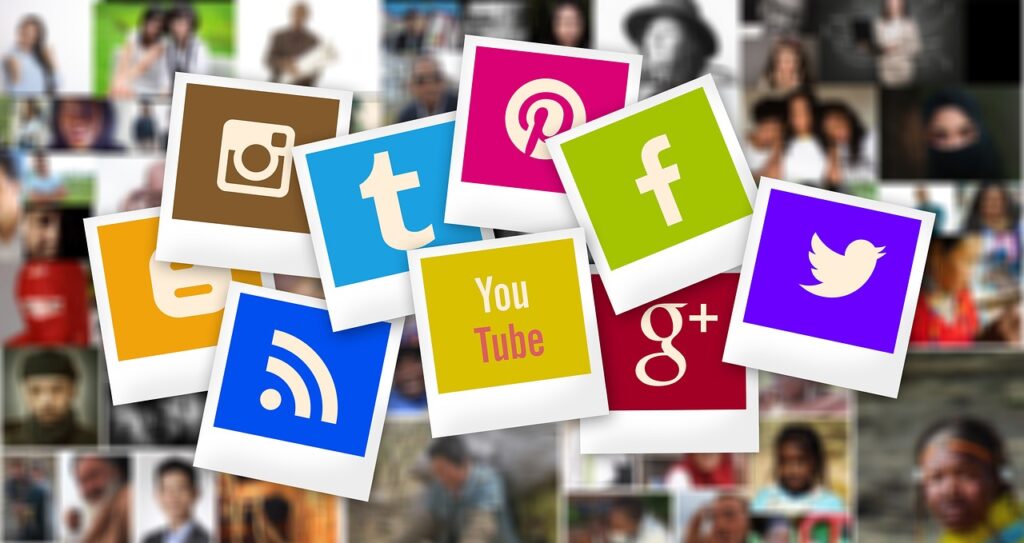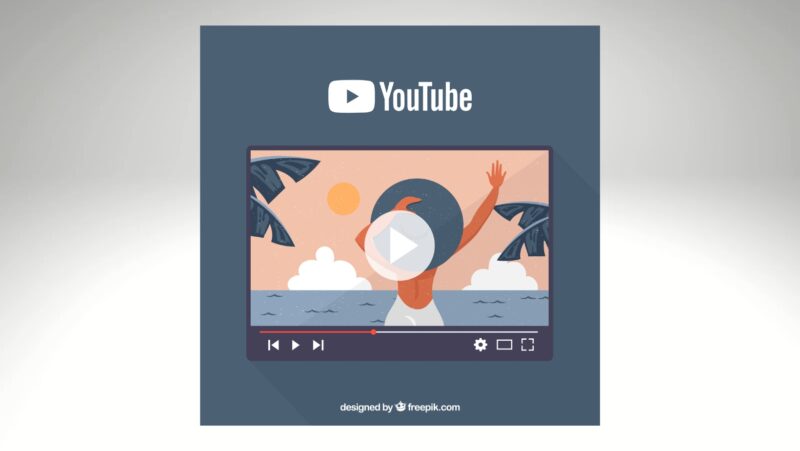
Social media has become a potent force in today’s linked world, reshaping our lives, affecting our relationships, and completely changing the way we interact.
These platforms have helped individuals interact and express themselves globally, but they also have disadvantages. It’s crucial to assess social media’s influence while acknowledging the drawbacks it offers.
We must pay attention to social media’s darker side, which includes the dissemination of false information, privacy issues, and fake news which negatively impacts mental health.
Guardian figures such as parents, schools, and other public organizations are ensuring the safety of the younger generation by taking strict action against wrongdoings happening on social media.
Different (MDLs) such as the Snapchat Lawsuit, Facebook lawsuit, and other social media-related mental health lawsuits, have been filed, keeping in mind the increasing rate of heinous crimes around the platform.
This article delves into a comprehensive critique of social media and looks at how these media platforms are misguiding, misinforming, and wrongly engaging their users.
Labeling
The term “labeling” describes adding pertinent background information or warnings to affect or enlighten the viewer’s perception of the content without fact-checking it directly.
Social media platforms, for example, frequently display engagement data, such as the number of likes, shares, or views—in conjunction with content. User’s opinions on how important and accurate the content is may be influenced by this data.
A 2023 study by the University of Arizona discovered that over 40% of medical videos on TikTok contain medical discrepancies. But most often these videos have the highest reach or engagement, which is mostly fake.
Misuse of these labels occurs frequently, resulting in the propagation of fake news, which can subsequently escalate into public violence or riots.
Various regulatory measures, such as the European Commission’s code of practice on disinformation, try to limit the dissemination of fake news.
When a piece of content is discovered to be incorrect, its algorithmic recommendation is diminished, and it receives a warning label noting that the content is challenged by fact-checkers.
Disputed Information
With the convenience of sharing information on social media in just a few seconds, the populace has been doomed to believe everything they see.
According to U.S. Pirg, social media has become the most common news source among youngsters. Fifty-three percent of Americans rely on social media as their source of information.
But not to forget, these social media platforms are rapidly changing into pseudo-news platforms.
For example, in 2023, a tourist submersible lost contact during a dive to view the remains of the Titanic, resulting in an unsuccessful rescue operation.
However, a video was uploaded on TikTok insisting that it was the screams of the passengers in their last moments. The video reached 4.9 million views in just 10 days.
It got viral enough, only to conclude that it was audio from the video game series Five Nights at Freddy’s and not from the submersible.
The emergence of social media as a news distribution platform has had major implications for what constitutes journalism and what is conflated with truth.
Impact on Mental Health
When individuals are exposed to misleading or false information, it can lead to increased anxiety and uncertainty. The inability to distinguish between reliable and unreliable sources erodes trust in information. As a result, individuals end up questioning their own beliefs and knowledge.
This constant state of doubt and skepticism can contribute to heightened levels of stress, as individuals struggle to navigate an information landscape filled with contradictions and conflicting narratives.
Moreover, the misuse of labeling, such as the misrepresentation of individuals or groups, can fuel prejudice, and discrimination. It then further impacts mental health by fostering feelings of isolation, shame, and fear.
Public Actions Against Social Media
As per TorHoerman Law, the majority of social media companies are being sued for incidents that occur on their platforms and result in negative effects on mental health.
A class-action lawsuit was filed against Facebook’s parent company Meta by people in California against privacy issues. It claims that Facebook shared its user’s data with third parties without permission. A $725 million settlement was approved in October 2023.
Another lawsuit is filed against Snapchat.Inc. sued the company for becoming a haven for drug trafficking. It is alleged that it directs and recommends drug advertisements to minors.
Schools and the public hospital system of New York City, have recently filed a lawsuit against all social media platforms. It accuses them of fueling a mental health crisis that is disrupting learning and draining resources.
Frequently Asked Questions (FAQs)
How Can Parents Protect Their Children from the Negative Effects of Social Media on Mental Health?
Parents can play a crucial role in protecting their children’s mental health in the digital age. They can establish open lines of communication, set clear boundaries and guidelines for social media use, and encourage offline activities.
Are Mental Health Professionals Utilizing Social Media for Support and Therapy?
Yes, mental health professionals are increasingly utilizing social media platforms as a means of support and therapy. Some professionals offer online counseling services or use social media channels to provide educational content, resources, and tips for managing mental health.
What Steps are Being Taken to Promote Digital Well-being on Social Media Platforms?
Social media platforms have been implementing measures to promote digital well-being. These include features that allow users to monitor and manage their screen time, notifications that encourage breaks and mindful usage, and tools to filter or hide potentially triggering content. Some platforms also offer resources and helplines for mental health support directly within their interfaces.
Social media has undoubtedly brought numerous benefits, but it is essential to critically examine its negative impact on society. To mitigate these problems, social media platforms must take responsibility for creating a safer and healthier online environment.
Simultaneously, users must exercise caution, critical thinking, and digital literacy to navigate the complex landscape of social media. Remember, while social media offers a wealth of opportunities, it is crucial to approach it with awareness, mindfulness, and a critical eye.











